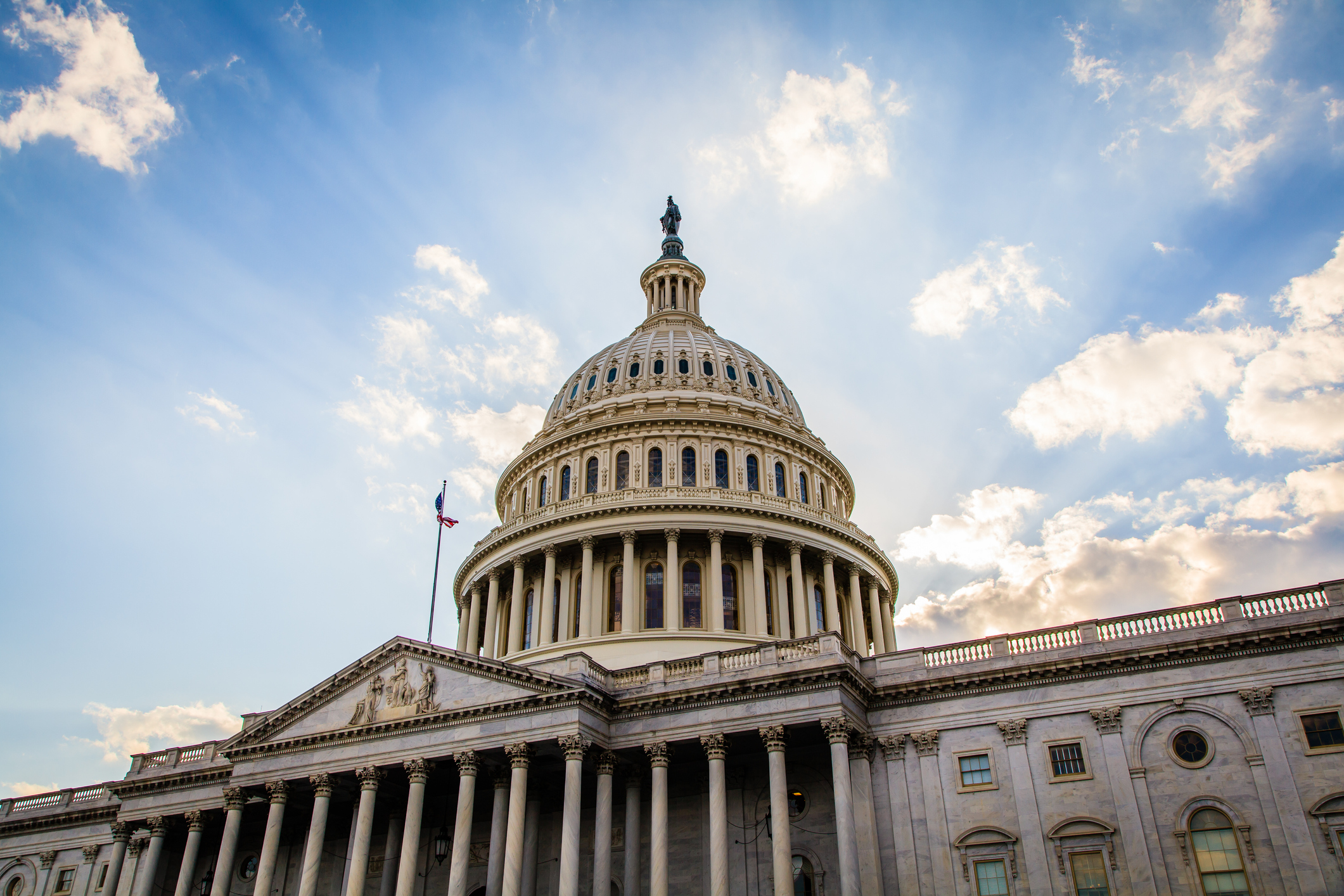An issue plaguing the U.S. Senate could soon see some improvements. Currently there are no Black women U.S. Senators. In fact, there have only been two Black women to ever serve in the Senate.
The first Black woman to serve in the U.S. Senate was back in 1993. Senator Carol Moseley Braun represented the state of Illinois up until 1998. The next Black woman came almost 20 years later with Vice President, Kamala Harris. Since her departure in 2021, there has been no representation of Black women. Now, with upcoming elections, more Black women than ever could join the Senate to make U.S. government history.
Black Women in The Senate
Meet Representative Lisa Blount Rochester. There is currently an open seat in the Senate for the state of Delaware and according to her advisors, she plans on launching a bid for the spot this month. She joined the U.S. House of Representatives in 2017 and has been serving since. Senator Tom Carper (D-Del.) made his announcement last week that he would retire after four terms in the chamber and endorsed Blunt Rochester during the announcement.
Representative Barbara Lee is up next on the list of Black women who could make history in the 2024 election. California Senator, Dianne Feinstein has announced her retirement from the Senate, freeing up a seat that Lee could take. Although Lee could win the election in 2024, there is a possibility that a Black woman could take the seat prior to then. In the event that Feinstein can’t complete her term due to healthcare issues, Governor Gavin Newson has already promised to appoint a Black woman as her replacement.
Last up on the list of Black women who could accomplish great things in next year’s Senate elections is Angela Alsobrooks. As the Executive of Prince George’s County, Maryland, she is ready to take the seat to represent the state. After Senator Ben Cardin announced his retirement, Alsbobrooks announced her bid in May.
“There aren’t enough people in the U.S. Senate who live like, think like and look like the people they’re supposed to represent,” Alsobrooks wrote in her annoucnement on Twitter. “My Great-Grandma told me, ‘if you don’t like something, go farther and do better.’”
